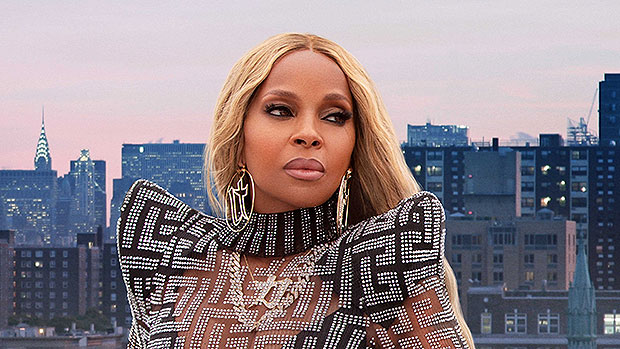Vanessa Roth explains why she thinks the singer from The Bronx is an ‘inspiration,’ a model of triumph over pain.
From “Be Happy” to the title track “My Life,” when Mary J. Blige’s second album was released in 1994 it became an instant classic. Raw and unflinching, through her lyrics the New Yorker stripped away any pretense that, at that time in her life and career, she was OK.
“My Life is probably my darkest album, at one of the darkest times I’ve had,” the 50-year-old says in the trailer for Amazon Prime’s new docufilm, Mary J. Blige’s My Life, which premieres on June 25. “Most of the times I was just depressed and I didn’t want to live,” she adds.
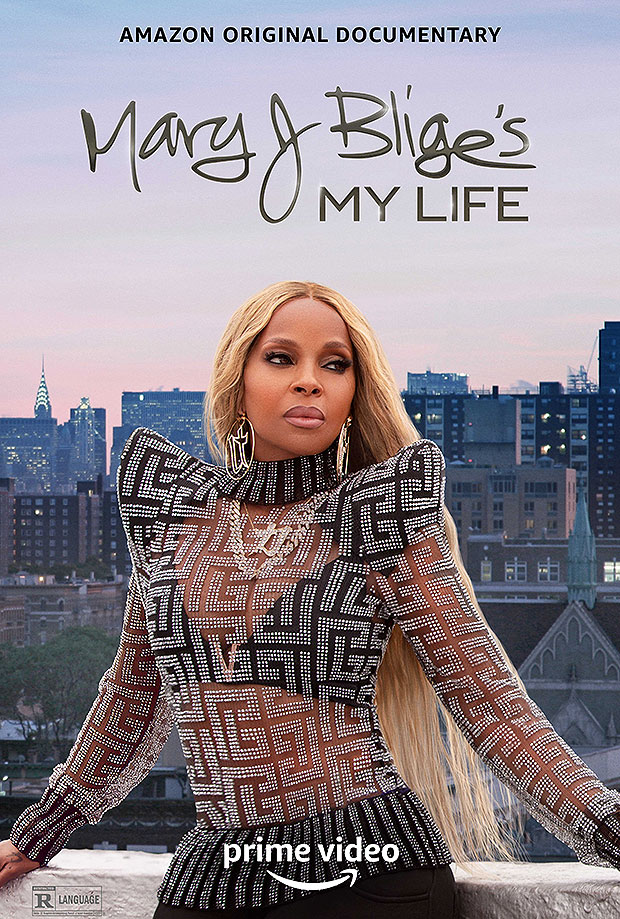
Vanessa Roth, the Oscar-winning director behind the Amazon Prime doc, thinks that’s exactly why fans should watch the film. “Mary is just a really beautiful model, an inspiration to feeling what you feel, and destigmatizing depression,” she says. “Destigmatizing those painful parts of life that we all go through and need each other, in order to heal from.”
Vanessa tells HollywoodLife what it was like revisiting the most painful parts of Mary’s life with her in this searing documentary that features interviews with Diddy, Alicia Keys and Taraji P. Henson:
HL: What drew you to this project?
Vanessa: “Mary drew me to the project. She really wanted to make a film that… [is] not a biopic about her whole life, that is a much bigger, different kind of story. This is about one album. It’s her second album. It was a time in her life that she describes as her most difficult, struggling time and it was an album that healed her [and] at the same time then connected her to audiences that became her fans for the rest of their lives. And so, to me, it was the mix of being able to tell a story about an icon and have that incredible music and influence, with this very human story of pain and longing and healing.”
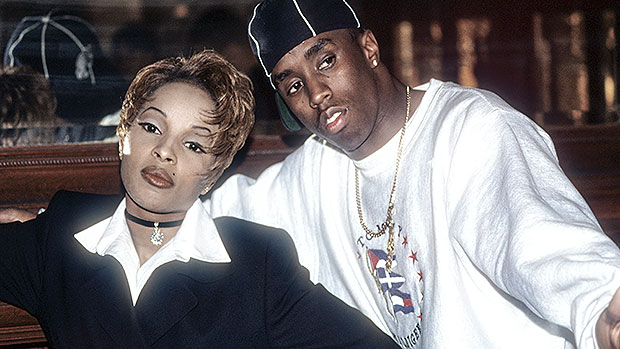
HL: Why do you think Mary is so beloved?
Vanessa: “I think it’s that mix that she’s able to harness this human part of herself and really dig deep no matter what and really feel things. And then she has this gift of being a writer and an artist and a singer. So, she get to express the things that so many of us feel, but don’t know how to necessarily say and she says it for us.”
HL: In the film she talks about really painful things like feeling suicidal, molestation, domestic violence. How did you get her to open up?
Vanessa: “That really came from her. She’s an executive producer on this film as well and she wanted to tell that story. She wanted to give that to her fans. It was painful for her to revisit that time, but she was willing to because I think that’s just a testament to where she’s willing to go to places that aren’t comfortable in order to kind of excavate them.”
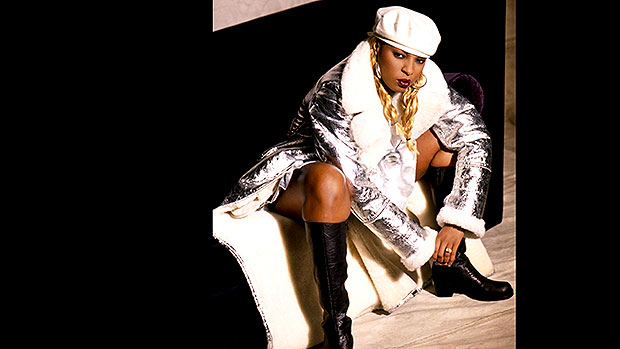
HL: She was so open but was there anything that she refused to discuss?
Vanessa: “There’s a part of the film that we actually kept in the film. I did that on purpose. Where she says that, when she was writing the My Life album it brought back all this pain, including that she was molested as a child. And then she says in the interview, ‘And a lot of other things that I’m not going to discuss.’ I respected that. That’s for her to decide what she shares and doesn’t share and what stays private. I just respected those boundaries and that’s how we continued to have conversations.”
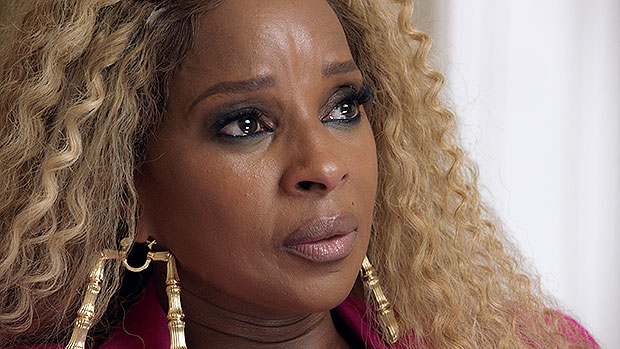
HL: What surprised you the most about Mary’s story?
Vanessa: “The thing that struck me really the most about Mary’s story is something also that she says in the film, which we talked about a lot. This concept of, ‘I didn’t know I was me.’ This feeling that she didn’t feel successful, even with all the success of [her first album] What’s The 411? She was in her early 20s and she just had no self-love and she still was successful and still had her gift of singing and songwriting and being famous, making an impact. But it wasn’t really until she faced her own demons and pain – [to] go through that and heal that and connect with people – that she started to actually love herself.
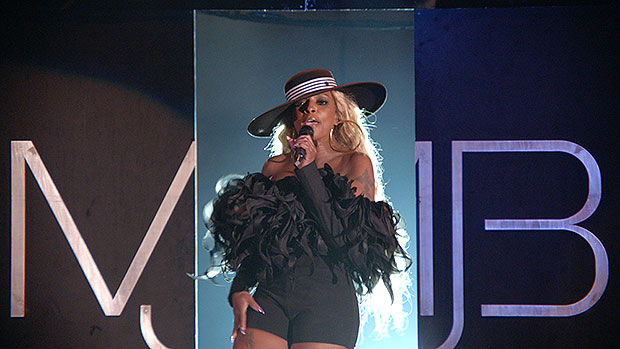
“I think that concept of, ‘I didn’t know I was me,’ so many of us could relate [to]. Other people sometimes can see the gifts that you have and the talents you have before you see it or accept it yourself. Self-love might be easy to say, but it’s really hard to achieve. I just love that comment and I think about that a lot.”
